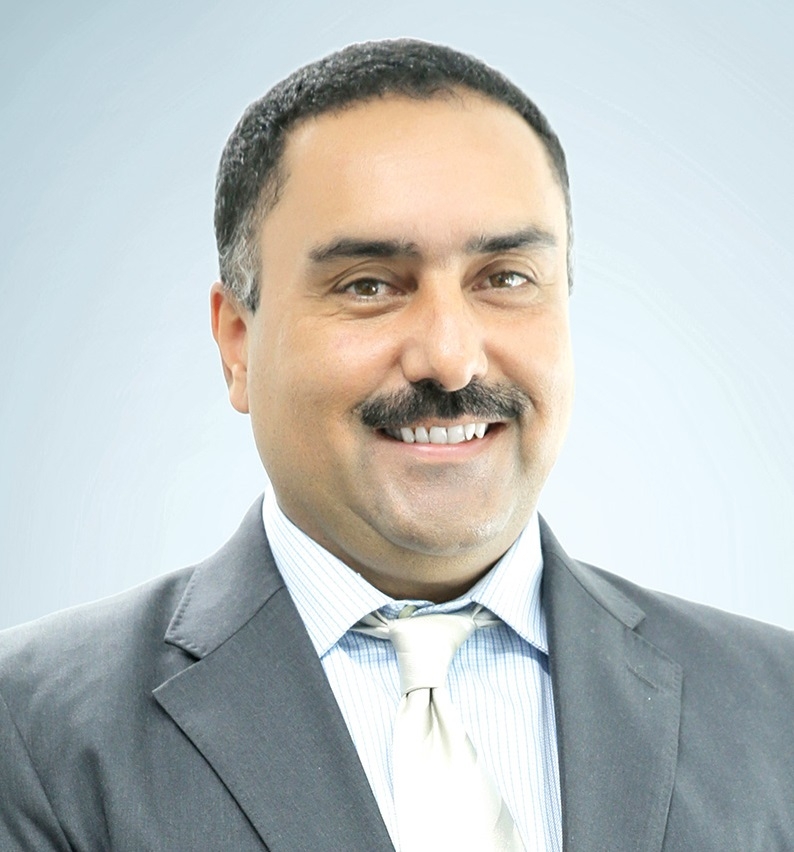Growth prospects and high hurdles for retail banking
How do you see the changes in retail banking amid the pandemic?
 |
| Harmander Mahal, head of Consumer, Private and Business Banking for Vietnam and Asia Cluster Markets at Standard Chartered Bank |
COVID-19 has caught everyone, not just us bankers, by surprise. Its speed and duration are unlike anything we’ve seen in recent history. Thus, companies had to respond with unprecedented force and haste. Retail banking was no different. The pandemic has also pushed Standard Chartered to look at everything through a new lens and greatly accelerate fundamental transformations that were already under way.
The imposition on physical mobility has reinforced the need for remote banking options, specifically digital banking. Digital and traditional banks’ investments were already transforming the industry’s dynamics, but the pandemic has accelerated this journey. Vietnam, in particular with its highly digitally savvy population, experienced incredible adoption of these alternative modes of financial services.
Another change that we see is in the new ways of working. While it may vary among banks, their operating models need to achieve a balance between ensuring seamless services and the protection of the health and safety of clients and employees. At Standard Chartered Vietnam, we apply a hybrid model, in which our employees work from home and in the office on a rotation basis, especially during the heights of the pandemic. Powered by technology, this has proven to be highly effective for us in minimising disruption.
What is the outlook for Vietnam’s retail banking?
We believe that there is a bright future ahead for local retail banking. The underlying fundamentals of the economy remain promising as evidenced by its history of growth. Vietnam is playing an increasingly prominent role in regional and global economies; it is well integrated in global trade and supply chains, has strong potential in both existing and more nascent local industries, and has an abundance of quality human capital. We see a strong outlook for Vietnam’s economic growth, which will translate into higher per capita income, thus increasing demand for retail banking products and services.
In addition, there is a very high rate of adoption of technology. We hence anticipate an acceleration in banking innovation, which will help banks to capture this potential. For example, clients can now fulfil most of their basic banking needs on our mobile banking app and apply for personal loans online.
How are environmental, social, and governance (ESG) benchmarks relevant to retail banks?
ESG is not just another metric. It is a critical development that is illustrative of the shift in investor and consumer preferences towards companies that place environmental, social, and governance considerations at the core of their business. Further, there is growing evidence that embedding ESG does not mean sacrificing returns and, in many ways, actually brings real value to organisations that embrace these principles.
Retail banking is no different as we serve the needs of individuals. We’ve found that younger generations innately value companies that have sustainable practices more than those that do not. For retail banks, this means providing sustainable deposits that are earmarked for ESG loans, sustainable financing for green products such as electric vehicles, and access to ESG investment solutions.
At Standard Chartered, we have launched a green vehicle loan promotion for hybrid cars, which offers one of the most preferential interest rates to clients in Vietnam. Through this, we hope to encourage the use of eco-friendly vehicles and thereby start making an impact on the environment. However, there remains an absence of ESG standards and frameworks both globally and in Vietnam.
What would be the success factor for retail banks after COVID-19?
Success can be measured in many ways, depending on each bank’s goals and strategies. However, the central question is still how banks can continue to meet clients’ evolving needs. The continued adoption of technology and data analytics is one path. The other important aspect is human resources, crucial to ensure high-quality services, as well as a “human lens” embedded in products and services. Sustainability will also play a vital role.
For Standard Chartered Vietnam, one of our goals is to solidify our standing as the most-trusted bank in the market. We are embedding sustainable practices, investing heavily in our digital capabilities, and developing new and innovative business models that will transform the way we do business and the way we think about how to serve our clients.
The only thing that we can say affects all banks similarly, however, is regulations. Vietnam is on a developmental path, soon to earn emerging market status. This will bring even more changes to the regulatory landscape as the government implements and evolves its strategies.
What the stars mean:
★ Poor ★ ★ Promising ★★★ Good ★★★★ Very good ★★★★★ Exceptional
Related Contents
Latest News
More News
- Raised ties reaffirm strategic trust (February 20, 2026 | 14:06)
- Sustained growth can translate into income gains (February 19, 2026 | 18:55)
- The vision to maintain a stable monetary policy (February 19, 2026 | 08:50)
- Banking sector faces data governance hurdles in AI transition (February 19, 2026 | 08:00)
- AI leading to shift in banking roles (February 18, 2026 | 19:54)
- Digital banking enters season of transformation (February 16, 2026 | 09:00)
- IFC to grant $150 million loan package for VPBank (February 13, 2026 | 09:00)
- Nam A Bank forms position as strategic member at VIFC through three key partnerships (February 12, 2026 | 16:39)
- Banks bolster risk buffers to safeguard asset quality amid credit expansion (February 12, 2026 | 11:00)
- VNPAY and NAPAS deepen cooperation on digital payments (February 11, 2026 | 18:21)

 Tag:
Tag:




















 Mobile Version
Mobile Version